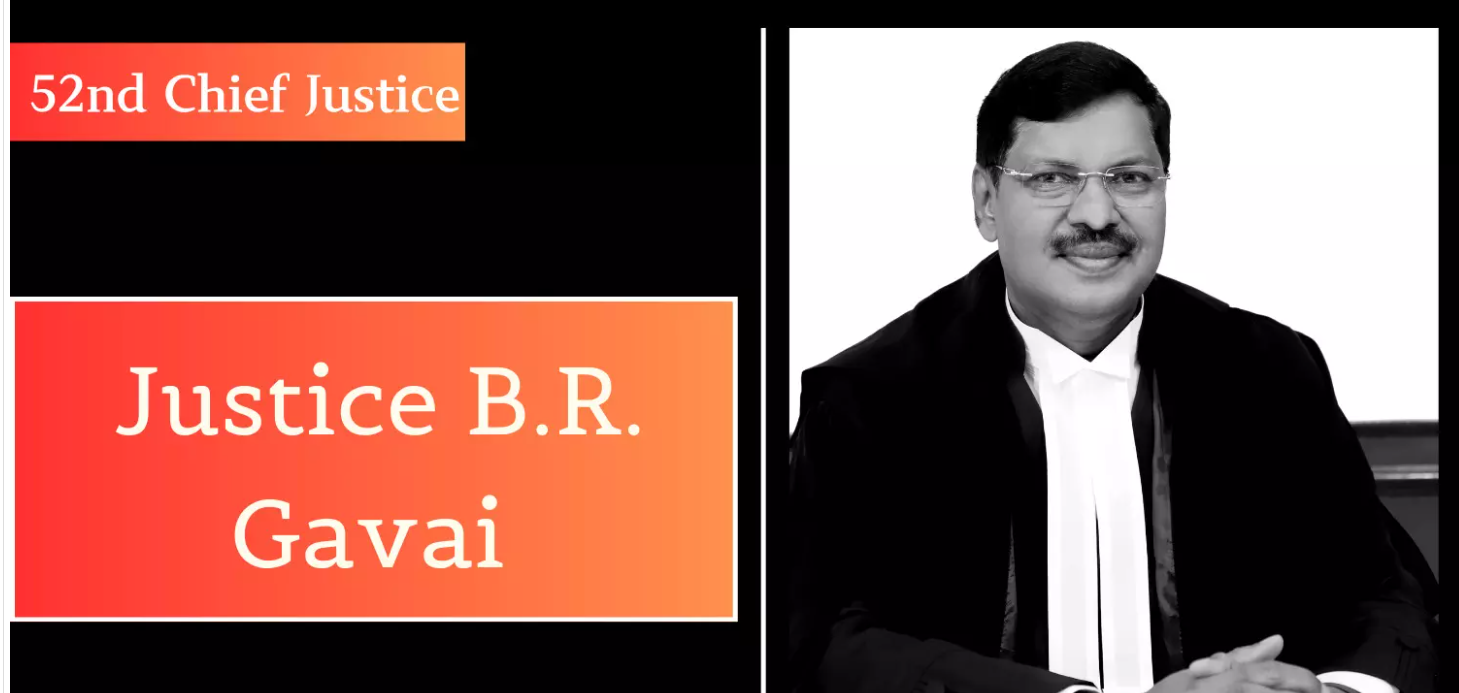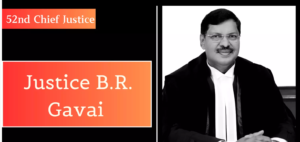

Chief Justice of India (CJI) Sanjiv Khanna has officially recommended Justice Bhushan Ramkrishna Gavai as his successor, positioning him to become the 52nd Chief Justice of India. This recommendation was forwarded to the Union Law Ministry on April 16, 2025 .
Justice Gavai, currently the second-most senior judge of the Supreme Court, is slated to take oath on May 14, 2025, following CJI Khanna’s retirement on May 13 . His tenure as Chief Justice will be relatively brief, concluding with his retirement on November 23, 2025, upon reaching the mandatory retirement age of 65 .
Notably, Justice Gavai will be the second individual from the Scheduled Caste community to ascend to the position of Chief Justice of India, following Justice K.G. Balakrishnan .
Born on November 24, 1960, in Amravati, Maharashtra, Justice Gavai is the son of the late R.S. Gavai, a prominent social activist, Member of Parliament, and former Governor of Bihar and Kerala . He began his legal career in 1985, practicing primarily in constitutional and administrative law at the Nagpur Bench of the Bombay High Court . He was appointed as a judge of the Bombay High Court in 2003 and elevated to the Supreme Court in 2019 .
Justice Gavai has participated in several landmark judgments, including being part of the five-judge bench that unanimously upheld the Centre’s 2019 decision to abrogate Article 370, which granted special status to the erstwhile state of Jammu and Kashmir .He was on the five-judge Bench that upheld the 2016 Demonetisation of ₹500 and ₹1,000 currency notes by a 4:1 majority. He was part of the Bench that struck down the Electoral Bonds Scheme in Association for Democratic Reforms v. Union of India (2024). In State of Punjab v. Davinder Singh (2024), he supported applying the creamy layer principle to SC/ST reservations to promote real equality.
His judgments often reflect a balanced approach, upholding both the rule of law and the interests of the Marginalised.